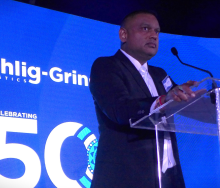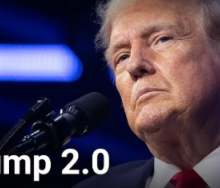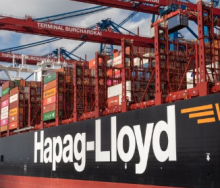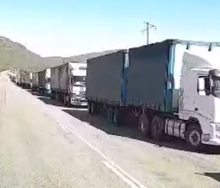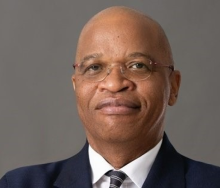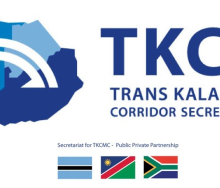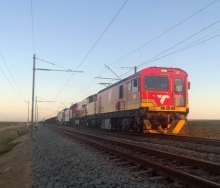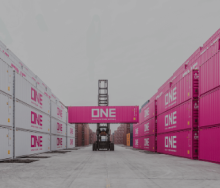There is a (silent) race between lithium ion batteries and fuel cells to power the commercial vehicles of the future.
Fuel cells are gaining ground because of the advent of “green” hydrogen.
Hydrogen can be renewably extracted from renewable biogas and electrolysis using electricity generated by solar or wind.
In short, fuel cells generate electrical power through an electrochemical reaction which combines hydrogen with oxygen.
The biggest advantage they have over lithium-ion batteries is that the hydrogen tanks on the vehicle can be topped up quickly, whereas a battery needs to be recharged.
This largely overcomes “range anxiety” for hauliers.
However, the logistics around hydrogen transport are more complicated than the transmission or generation on site of electricity.
Hydrogen is transported from the point of production to the point of use via pipelines or on road in cryogenic liquid tanker trucks or gaseous tube trailers.
It can also be transported as ammonia, which is then converted at the filling station or in the fuel cell to hydrogen.
Despite the challenges, Canadian-developed fuel cells have powered a fleet of heavy and medium-duty commercial vehicles for more than 100 million kilometres on roads around the globe, according to Vancouver-based Ballard Power Systems.
Over the past 12 months the company says it has more than doubled its on-the-road kilometres in service.
According to Randy MacEwen, president and chief executive officer, Ballard fuel cells currently power approximately 3 500 buses and trucks in nearly a dozen countries around the world.
Original equipment manufacturers are also in the race, with a number developing fuel cells and pure electric vehicles in parallel.
Hyundai Motor which has committed billions of dollars to commercialise hydrogen-powered trucks, announced in September that it would introduce a fuel cell system in 2023 that’s 50% cheaper, 30% smaller, and twice as powerful as its current version.
Every truck, bus and commercial vehicle it produces will have the option of a fuel cell powertrain by 2028.
Hyundai says its hydrogen-power system will reach cost parity with battery packs by 2030.
In its positioning of the two drive-trains, Volvo says battery electric vehicles are a suitable solution for city distribution, city buses, regional haulage and similar applications.
“For use cases where you carry heavier loads and/or drive longer distances, the weight of the batteries themselves and the driving distance until you need to recharge, hydrogen fuel cells are likely to be an interesting alternative.
“Battery and fuel cell technology will complement each other as propulsion sources - and both will be needed in order to build the sustainable transport system of tomorrow.”
Volvo is in a 50/50 joint venture with Daimler Truck to develop fuel cells.
Daimler, Scania, Man, Volvo, Daf, Iveco, and Ford have signed a pledge to stop selling vehicles with internal combustion engines in Europe by 2040.
Japanese manufacturers Toyota and Hino have also joined forces to produce fuel cell-powered electric trucks for the North American market.
One of the first companies to announce that it will introduce fuel cell vehicles in the South African market is the relatively unknown New York-based Hyzon, which assembles fuel cell-powered trucks in the Netherlands and the United States.
No timeline for the introduction to South Africa was given by Hyzon CEO Craig Knight, who made the announcement in March this year.

